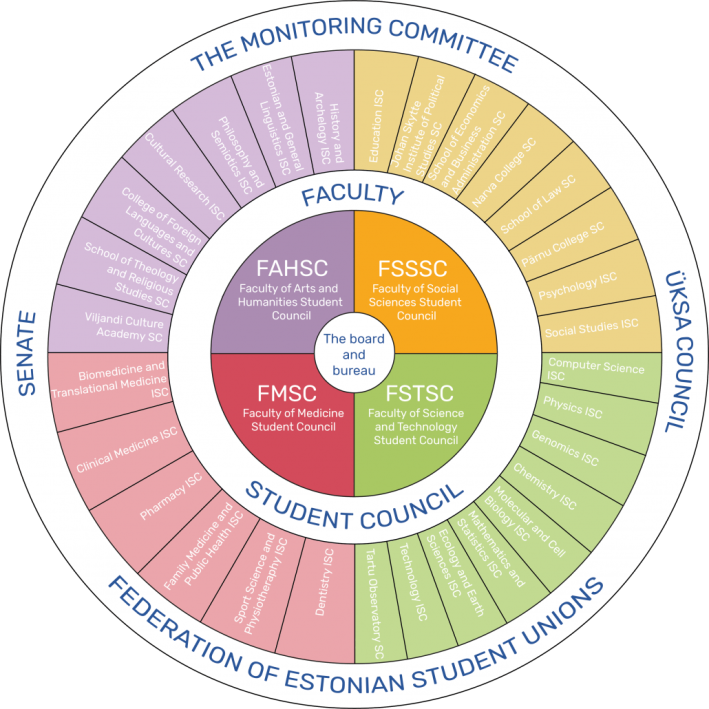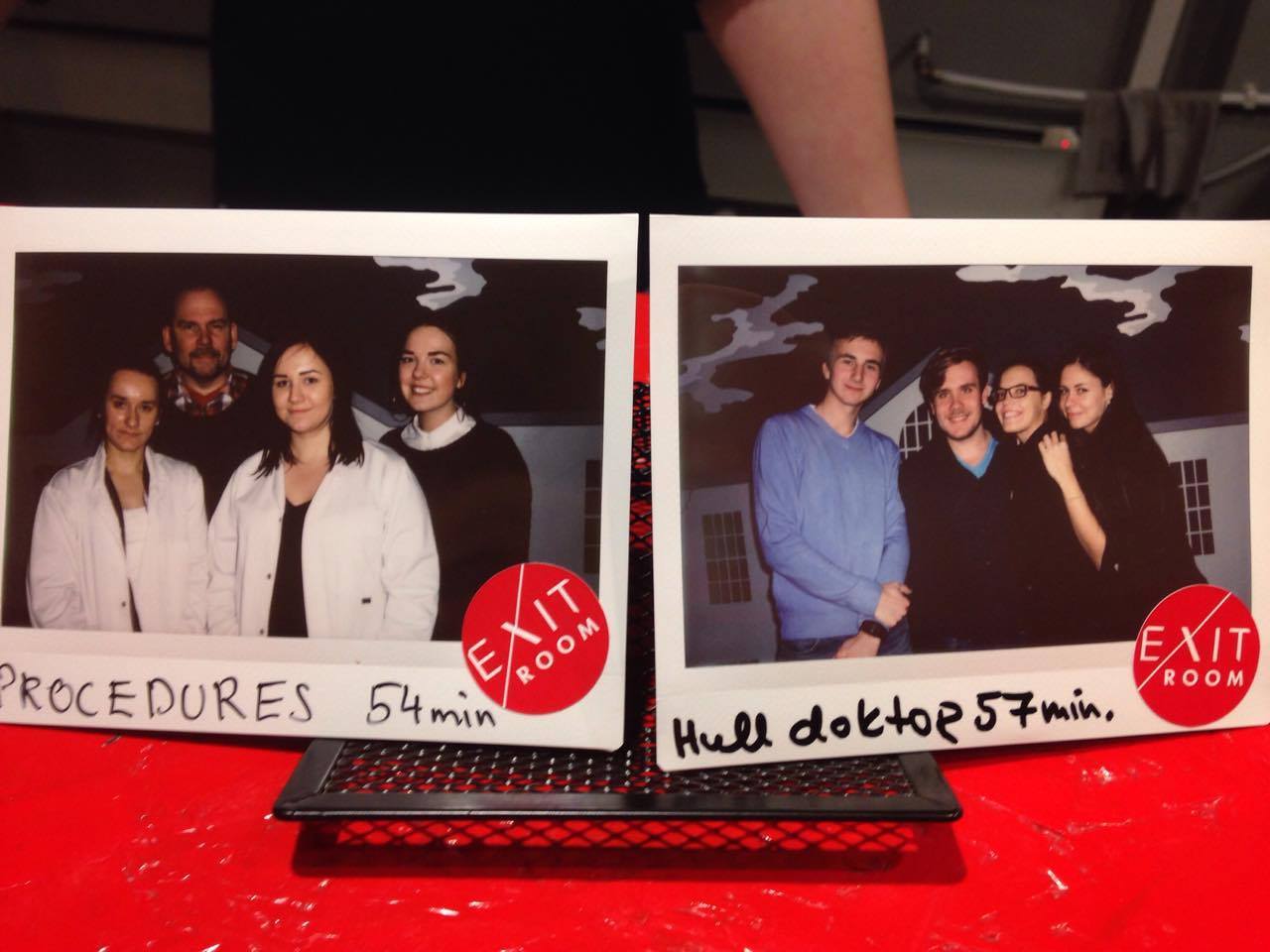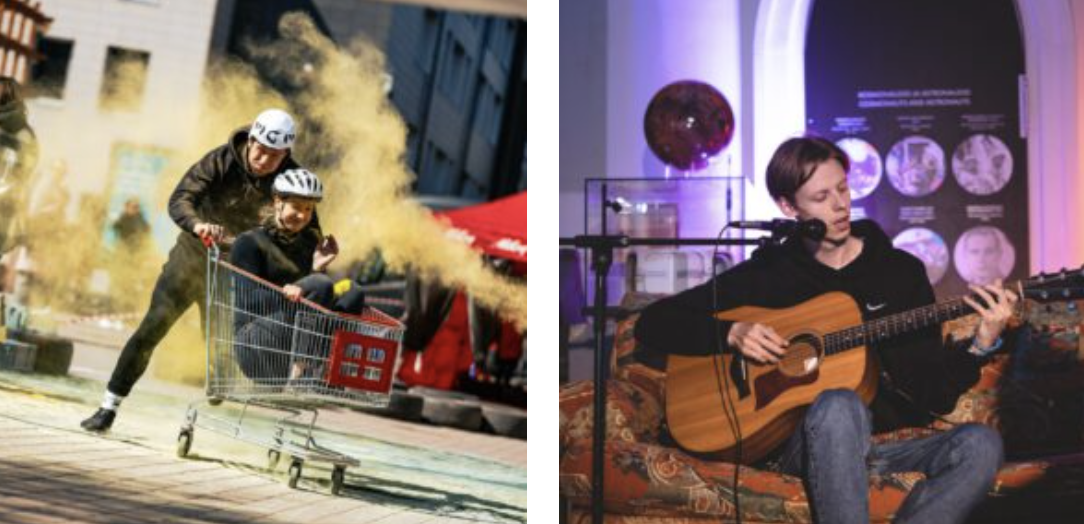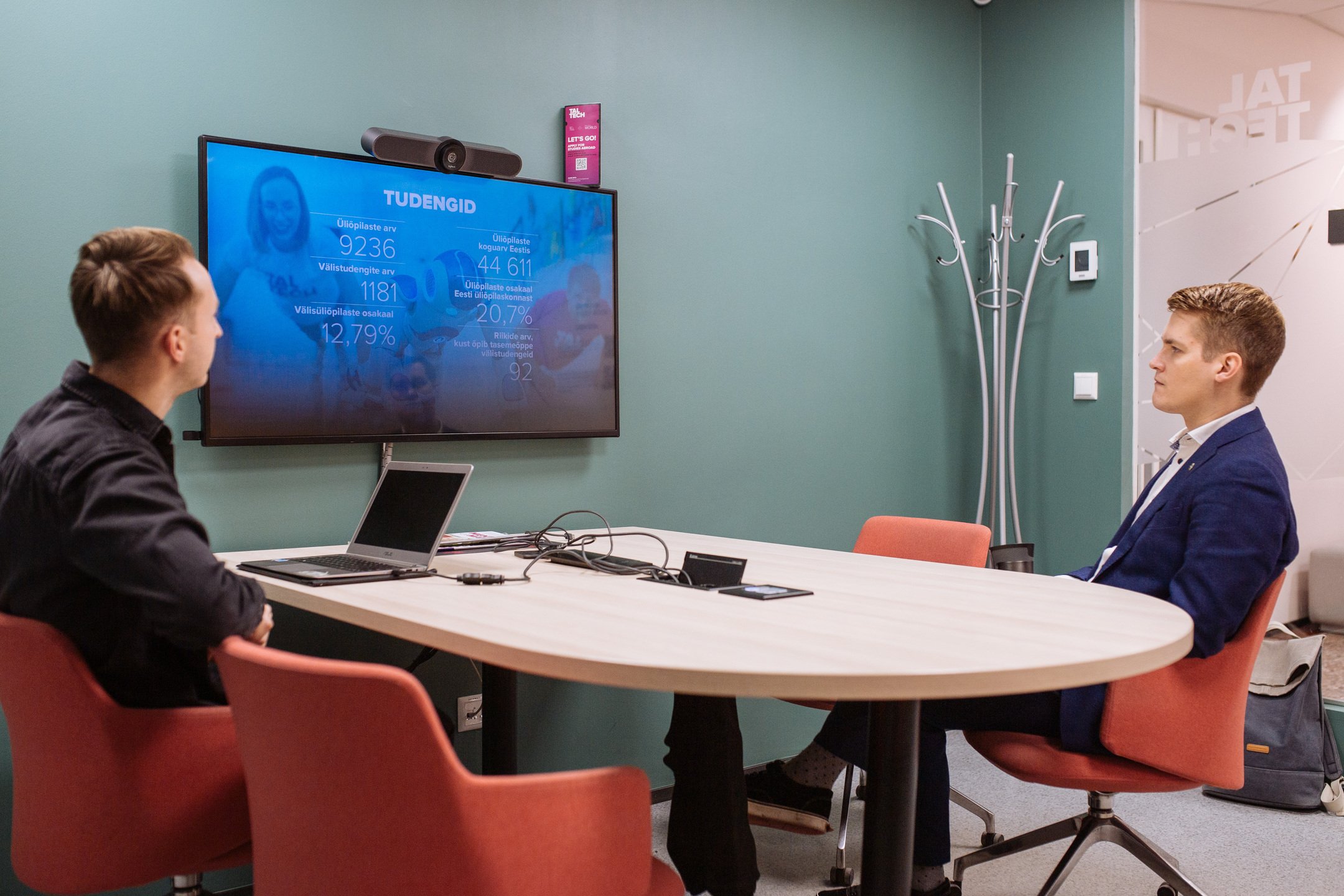One of the perennial mailbase questions that used to do the rounds is how to persuade, encourage or incentivise students to complete module evaluation questionnaires.
So it’s interesting that following lobbying from students, there was a pretty simple answer at the University of Tartu in Estonia – you make them.
Students were used to demanding detailed feedback on their own work for their own learning, and so the deal was that to pass the module, they had to complete feedback of their own on the teaching – and to make the process valuable for both them and the staff they are in partnership with, on their own engagement too.

In a country where transparency is a big issue, to close the feedback loop module evaluation results (and what was being done about them) were then all made public – including all of the (anonymised) free text comments. The problem was that some students then used the public process to warn others about problematic staff – as Henry-Laur Allik did in 2018:
Avoid this class like the plague. If you dare take this class, then know that what awaits you is the teacher with the worst behaviour in the journalism program. She does everything she can to ensure that you will not enjoy this class. Even the biggest history fans clutch at their heads. God help you! She did everything she could to ensure that the students feel bad.
Allik went on to call the staff member confrontational and demeaning, accused her of breaking promises and shaming students verbally, and of violating the university’s agreed teaching practices. And although the comment appeared anonymously, it soon went viral – and the lecturer then used data protection legislation in Tartu County Court to get an injunction requiring the university to release the name of the submitter.

In theory could have just shut the system down – but given the strength of feeling amongst the university’s 30 institute (ie school/dept) student councils who use the results to track trends and faculty or university wide-problems, instead detailed negotiations ensured – and now while module evaluation results (and actions from them) are still made public, anonymous comments are summarised, students are given tips on constructive feedback giving, and there are clarified routes for raising allegations of misconduct.
Exchange is coming
It’s one of the great tales we gathered on Day 2 of the Wonkhe SUs study tour to the Baltics and Finland, where 40 or so student leaders and SU staff are on a five day tour of over 30 students’ unions, guilds, fraternities and subject-based associations.
One of those at Tallinn University is called Civitas, which represents students in its Institute of Social Sciences. There a volunteer team runs meet and greets, crafting events, movie nights and educational talks – as well as career networking events and the fox-dubbing activity for new students. It’s a great example of the way that these types of structures make student-led representation, social activity and student development accessible to students.
They’re supported by an SU that has been through tough times in recent years – Covid had quite a major impact on engagement, and so they’re now rebuilding with events and activities that get students through the door. Their student break room has a full functioning kitchen that makes (free) pancake mornings possible, and their student exchange lockers allow students and staff to donate everything from pens and notebooks to utensils and electronics for others to borrow. It’s both sustainable and a powerful symbol of students supporting eachother.
Uniquely in Estonia, the SU also offers a free children’s room service (staffed by trained student volunteers) from late September to mid-December and from early February to late May, operating Monday through Friday from 10:00 to 16:00. It is open to children who are at least 2 years old, toys and equipment are largely donated, and enables student parents to obtain temporary childcare relief when they need it.
Be more
Over in Tartu, it’s not the SU that supports student organisations – it’s a foundation called Üliõpilaskonna Sihtasutus, which has a vision for the city as a “a world-renowned hub for young talent, where everyone can fully realise their potential”.
In many ways its activities are the sort of thing we might see in a UK SU student activities office – training, equipment hire and a Freshers Fair – but the fact that both have their own brand, vision and governance and planning processes allows them to punch significant above their apparent financial weight.
One of the big student organisations it works with is called Tartu Student Days, which takes 35 core student volunteers and hundreds of event-specific volunteers to organise all sorts of huge social events across the city – from quirky sports competitions to concerts and cultural nights.

With a focus on reduced or free entry, the spirit of students serving others in pursuit of memorable evenings is strong, and students gain valuable experience across its project management, HR, logistics, marketing, media, sponsorship and technical teams. They’re the sorts of functions that we tend to perform for students in the UK – and while that might make sense from a financial or risk perspective, it also robs students of the belonging and skills development that we see happening here.
Tartu is a beautiful little student city, but it’s not perfect – and so as well as supporting the reps on its council, the SU has a bunch of clever campaigning initiatives too. Its Politicians to university project invited Estonian big names to experience a day in the life of a student, the SU campaigned to get the Estonian Academy of Music and Theater to sign a cooperation agreement to offer free access to performances, and back in March the SU used a €4,000 award from the university by giving it all away to students who lined up for €20 each, highlighting the issue of student funding in the media as students explained to journalists just how little that €20 would cover when considering rent, food, study and travel costs.

The campaign almost certainly contributed to an increase in the country’s needs-based study support programme, which had been frozen at €220 a month for the past decade – and a good example of the way in which SUs here use creative campaigning techniques to catch the eye of decision makers.
We’re off to Finland next, where the first stop is a state-subsidised dinner in an SU house that, following a fire, was literally rebuilt by students.




















Feedback should not be anonymous. That is the greater part of transparency.